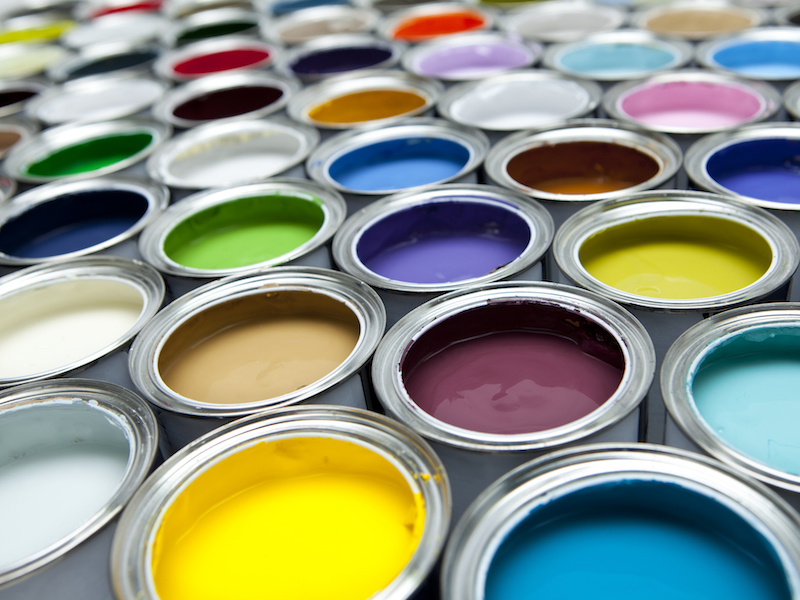
Sometimes it can be easy to identify risks to your hearing: a loud jet engine next to your ears or the screeching machinery on the floor of a factory. easy to persuade people to use ear protection when they know they will be around loud sounds. But what if there was an organic compound that was just as harmful for your hearing as excessive noise? Simply because something is organic doesn’t necessarily mean it’s good for you. How can something that’s organic be just as bad for your ears as loud noise?
You Probably Won’t Want to Eat This Organic Substance
To clarify, these organic compounds are not something you can pick up in the produce department of your supermarket and you wouldn’t want to. According to recent (and some not-so-recent) research published by European scholars, there’s a strong possibility that a collection of chemicals known as organic solvents can injure your hearing even if exposure is brief and minimal. It’s significant to note that, in this case, organic does not make reference to the kind of label you see on fruit in the supermarket. The truth is, marketers utilize the positive connections we have with the word “organic” to get us to buy products with the implication that it’s good for you (or at least not bad for you). The term organic, when related to food means that the growers didn’t employ particular chemicals. The word organic, when associated with solvents, is a term used in chemistry. Within the discipline of chemistry, the word organic makes reference to any compounds and chemicals that contain bonds between carbon atoms. Carbon atoms can create all kinds of distinctive molecules and, therefore, a large number of different convenient chemicals. But sometimes they can also be harmful. Each year, millions of workers are exposed to the risks of hearing loss by handling organic solvents.
Organic Solvents, Where do You Find Them?
Organic solvents are found in some of the following products:
- Degreasing agents
- Paints and varnishes
- Cleaning products
- Glues and adhesives
You get the idea. So, the question quickly becomes, will your hearing be damaged by cleaning or painting?
Risks Related to Organic Solvents
The more you’re exposed to these substances, based on recent research, the higher the corresponding dangers. This means that you’ll probably be fine while you clean your bathroom. It’s the industrial laborers who are continuously exposed to organic solvents that are at the highest risk. Ototoxicity (toxicity to the auditory system), has been demonstrated to be linked to subjection to organic substances. Lab tests that used animals, in addition to surveys of people, have both shown this to be true. Hearing loss in the mid frequency range can be affected when the tiny hair cells in the ear are injured by solvents. Regretfully, the ototoxicity of these solvents isn’t well known by company owners. These hazards are even less recognized by workers. So those employees don’t have consistent protocols to safeguard them. One thing that could really help, for instance, would be standardized hearing screening for all workers who deal with organic compounds on a regular basis. These hearing examinations would detect the very earliest indications of hearing loss, and workers could respond appropriately.
You Have to Work
Most suggestions for protecting your ears from these particular organic compounds include regulating your exposure as well as regular hearing tests. But first, you need to be aware of the dangers before you can follow that advice. When the hazards are in plain sight, it’s not that hard. No one doubts that loud noises can injure your hearing and so precautions to safeguard your ears from day-to-day sounds of the factory floor seems obvious and logical. But it isn’t so easy to convince employers to take safety measures when there is an invisible hazard. The good news is, ongoing research is helping both employees and employers take a safer path. Some of the best advice would be to use a mask and work in a well ventilated spot. Having your ears examined by a hearing expert is also a practical idea.
